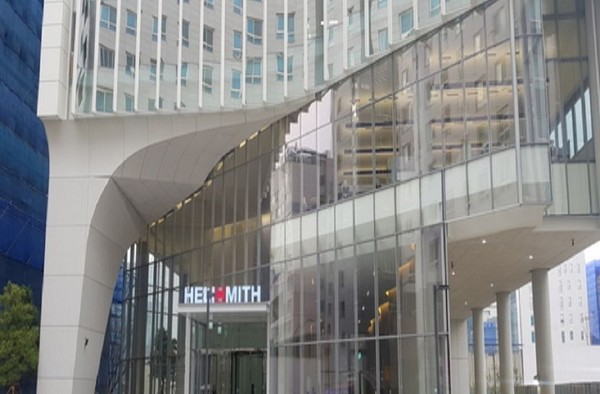Helixsmith said it has ended its U.S phase 3 clinical trial of the gene therapy Engensis, also known as VM202, for treating neuroischemia ulcers and presented its results.

The company said that it ended the study early due to the slower-than-expected patient registration speed. It plans to analyze the interim results first to understand the current situation and determine the future direction.
"As a result of the analysis, the company confirmed that Engensis is effective in curing neuroischemic ulcers," the company said.
Forty-four patients with the intention to treat (ITT) analysis registered so far in phase 3 diabetic foot ulcers (DFU) clinical trial of Engensis, 30 of whom had neuroischemic ulcers.
"A small number of patients showed an outlier in the size of the ulcer before treatment," the company said. "In the whole group injected with Engensis, the company observed a trend for ulcer cure three to six months after injection."
In the neuroischemic ulcer group, the company confirmed a statistically significant high cure rate of 63 percent five months after injection compared to the placebo group, it added.
Among the patients who showed a statistically significant high cure rate, except for three patients with baseline outliers measured before treatment, the cure rate was five times higher than the placebo group at four, five, and six months after injection (55.6 66.7, and 66.7 percent)
Also, in the patient group with neuroischemic ulcer, the ankle-brachial index (ABI) was higher in the Engensis group than in the placebo group.
"The result shows that Engensis is particularly effective for neuroischemic ulcers, which account for the largest proportion of diabetic foot ulcers and has a very large market," the company said. "It is a very important achievement that the company obtained statistically significant results even on a smaller scale than the target number of test subjects."
Professor David Armstrong of the University of Southern California College of Medicine said, "The data of Engensis' DFU U.S. Phase 3 interim analysis is a very encouraging result. In this field, the number of patients is rapidly increasing worldwide, and there is no special treatment, so the unmet medical need is very high."
The research team looks forward to continuing clinical studies to confirm this promising data, Armstrong added.
According to the company, DFU's market size in 2019 was more than 9 trillion won ($7.9 billion), and it is expected to exceed 13 trillion won in 2027.

